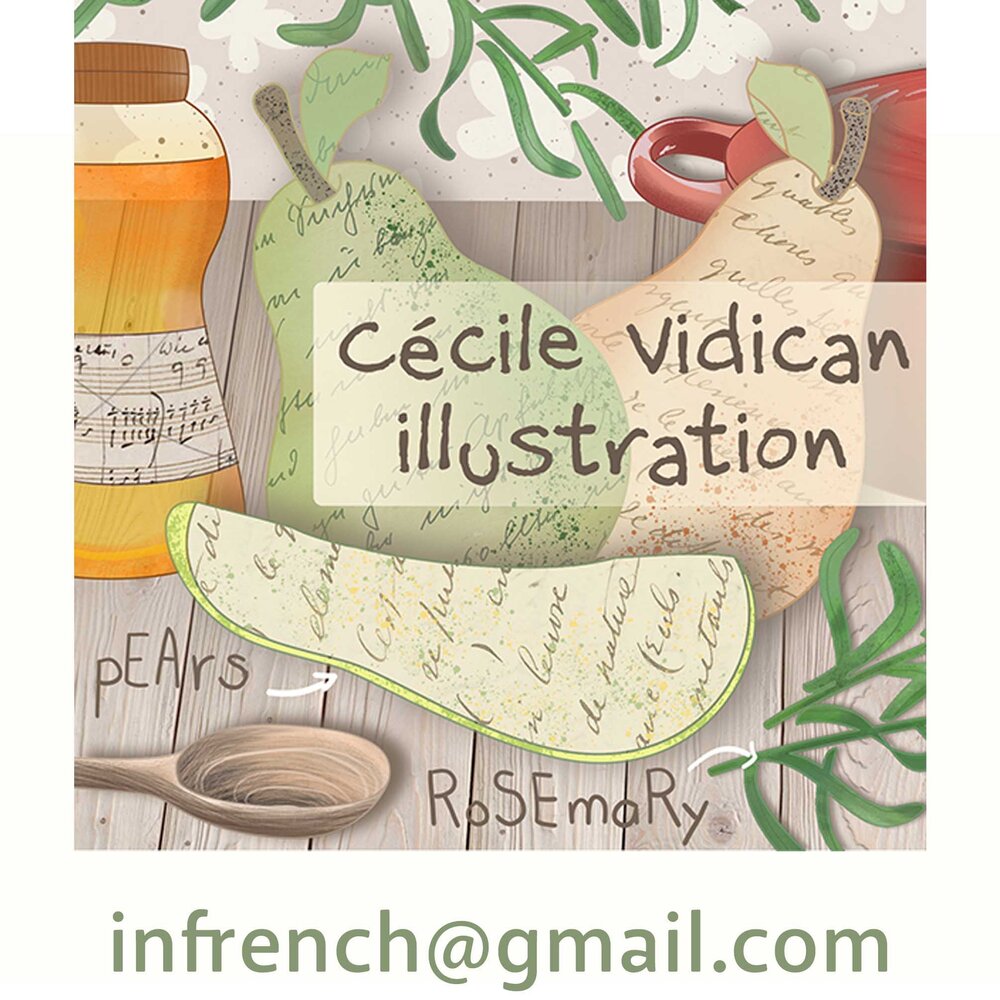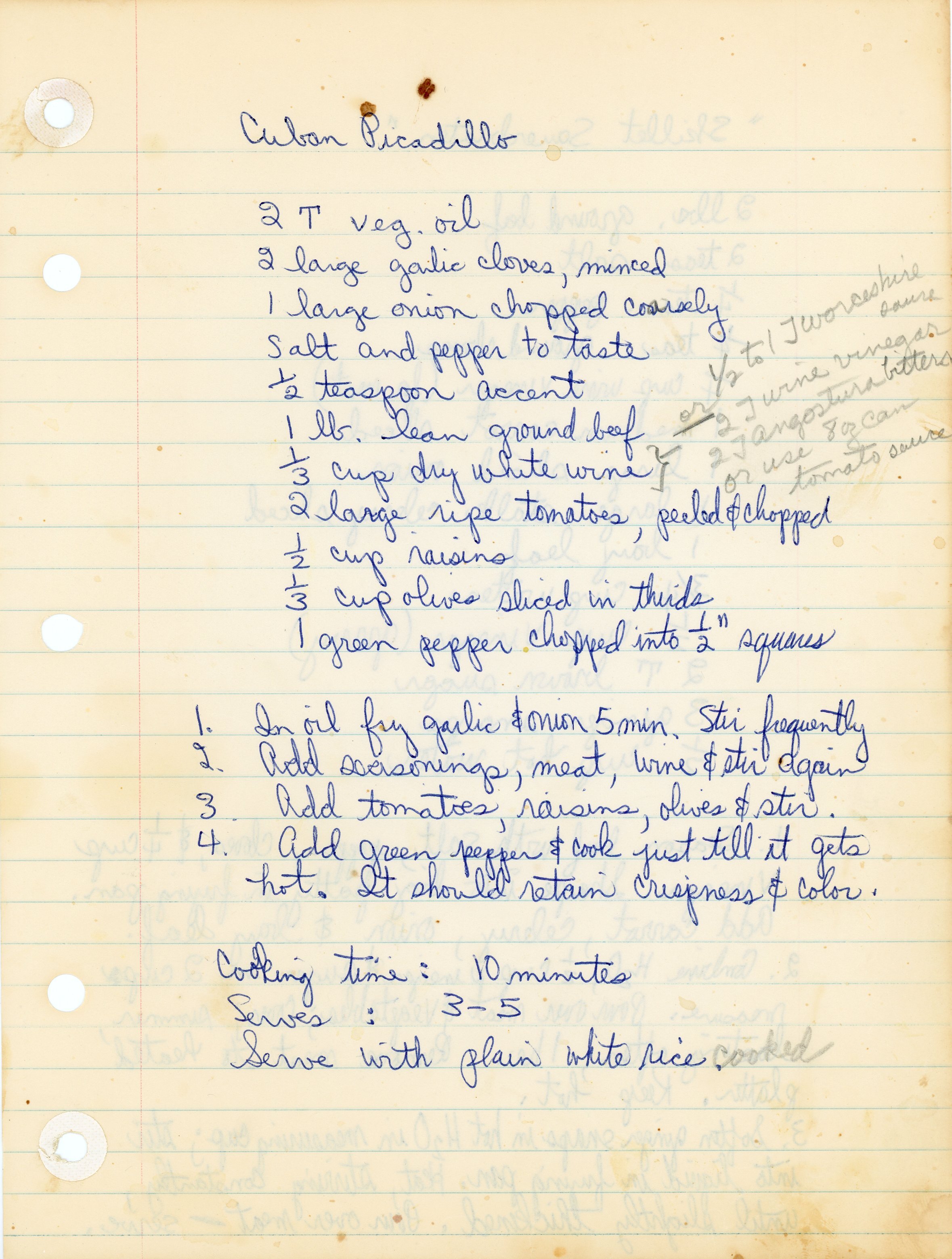New illustration work:
After a year teaching high schoolers under grueling Covid-19 conditions, the summer has been quiet and slow as far as work and life are concerned. I've been puttering around in the garden, planting and weeding (but mostly weeding), and tending to the vegetable garden (a little bit). I've slowly returned to my pencils and watercolors, and tried new things (collage, gouache, and some digital illustration).
And then in late June, I was commissioned to make a family cookbook. This was no regular recipe book: I was tasked with turning a collection of old family recipes into a cookbook, to be given as a wedding gift. Along with preserving heirloom handwritten recipes, I had to include new family recipes which were sent from around the world by family members, and then illustrate a selection of them.
This was an extensive project—a thirty page illustrated cookbook—which I broke down into four steps:
1) scanning all of the older recipes (some of them handwritten nearly 50 years ago)
2) cleaning up each scan in Photoshop to eliminate the yellowing paper, food stains, ink splatters and fading lines while keeping the pencil additions and other distinctive side notes
3) creating a number of original watercolor illustrations to go along with the recipes
4) assembling the book digitally (copyediting, arranging the recipes into categories, page layout and design, adding titles and dedications, etc.)
Scanning and editing:
Here are a few images of the first and second steps. On the left, you can see a scan of the original time-worn, handwritten recipe for Cuban Picadillo. Most of the recipes were kept in a binder for decades and were in very good shape, but discolored by time. In the center, the final result after cleaning the image up in Photoshop. And on the right, a video explaining the editing process in Photoshop.
Watercolor recipe illustration:
After cleaning up each recipe—which took several hours per scan—I chose eight to illustrate for this cookbook. Below are the eight watercolor pieces I created specifically for this project. The most difficult (and longest) one was probably the soup bowl, because of the transparency of the liquid and the shine on the surface of the soup. My favorites are the pumpkin pie, and the spaghetti with eggplant. I also loved painting the Amish potato candy because it’s such an unusual recipe, and something I’d like to try making.
Because of the scope of this illustration project and the time-constraint, I had to limit the size and range of the illustrations: a slice of pie to elicit the whole, a representative spoonful of Tabouleh rather than an entire plate, a tight swirl of pasta and the ingredients for the broccoli salad. Of course this is precisely the role of illustration: to be evocative and exemplary rather than purely descriptive. It’s also this challenge that I find interesting.
Copyediting, page design and layout:
Below are some previews of the recipe book itself (more images coming soon). The client also chose to use a few watercolor pieces I had created previously, to illustrate some of the ingredients like the onion and tomato below, left. The result is clean and modern, but each recipe still remains authentically handwritten, with all the personal annotations, dates and anecdotes.
This was a large project with a short deadline and a lot of finicky work, but it was nonetheless very satisfying to make a custom family cookbook. The client loved the end result, and so do I.














